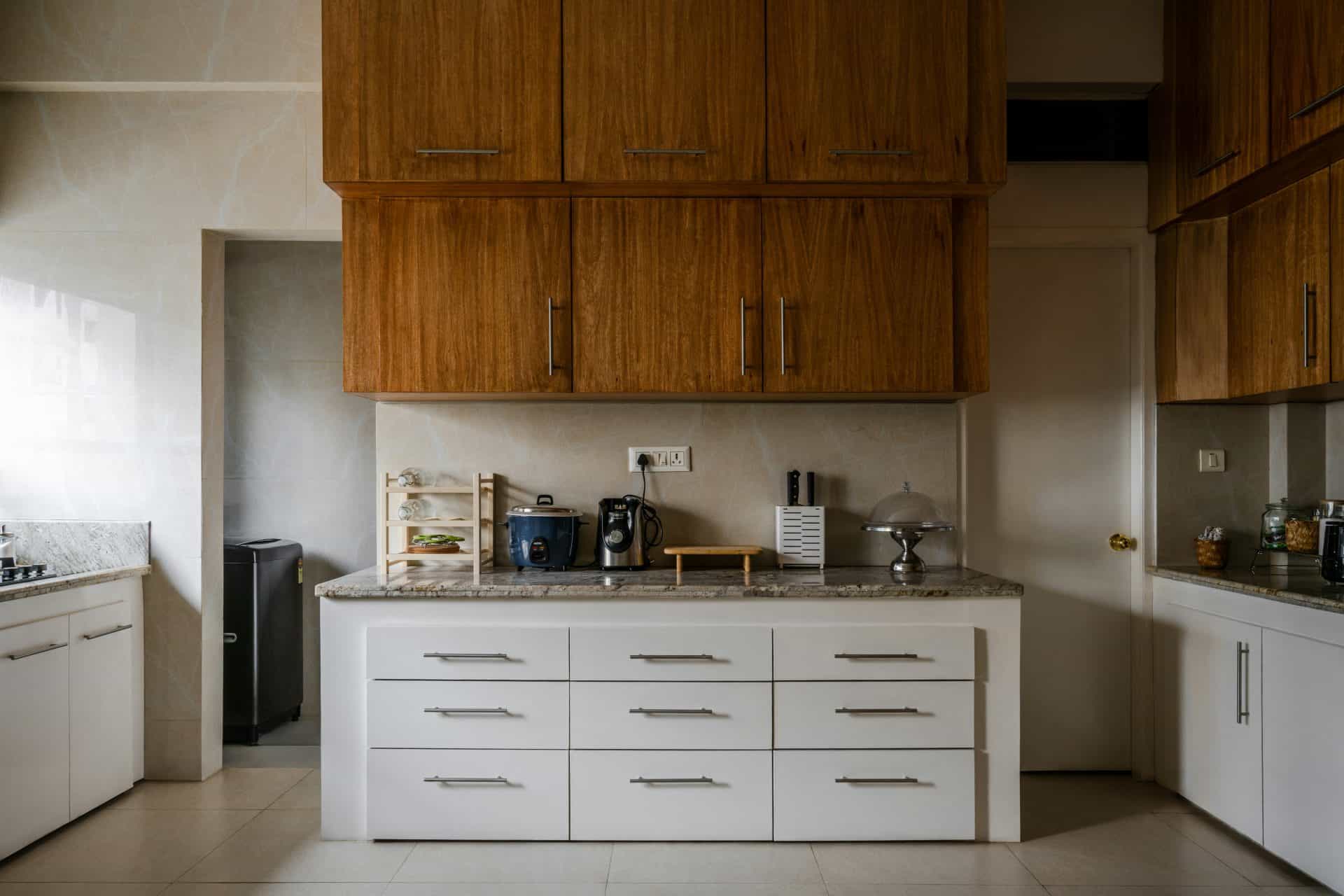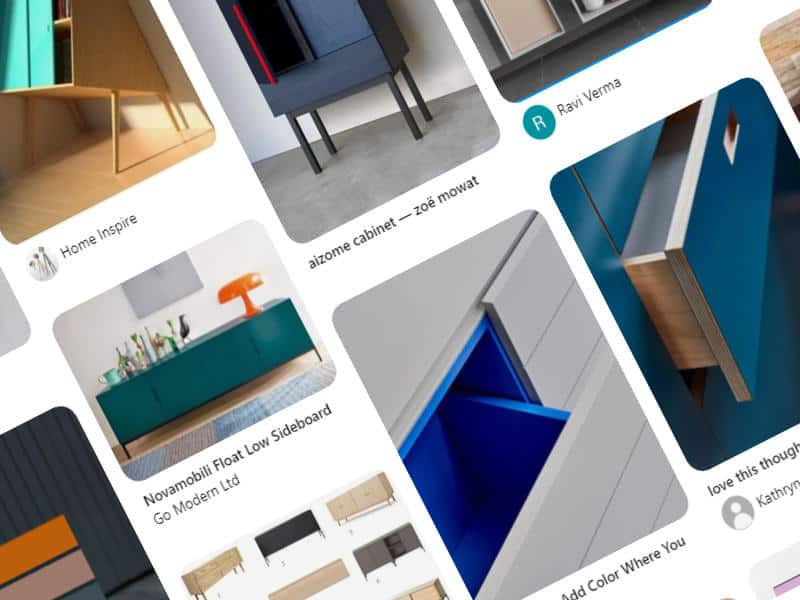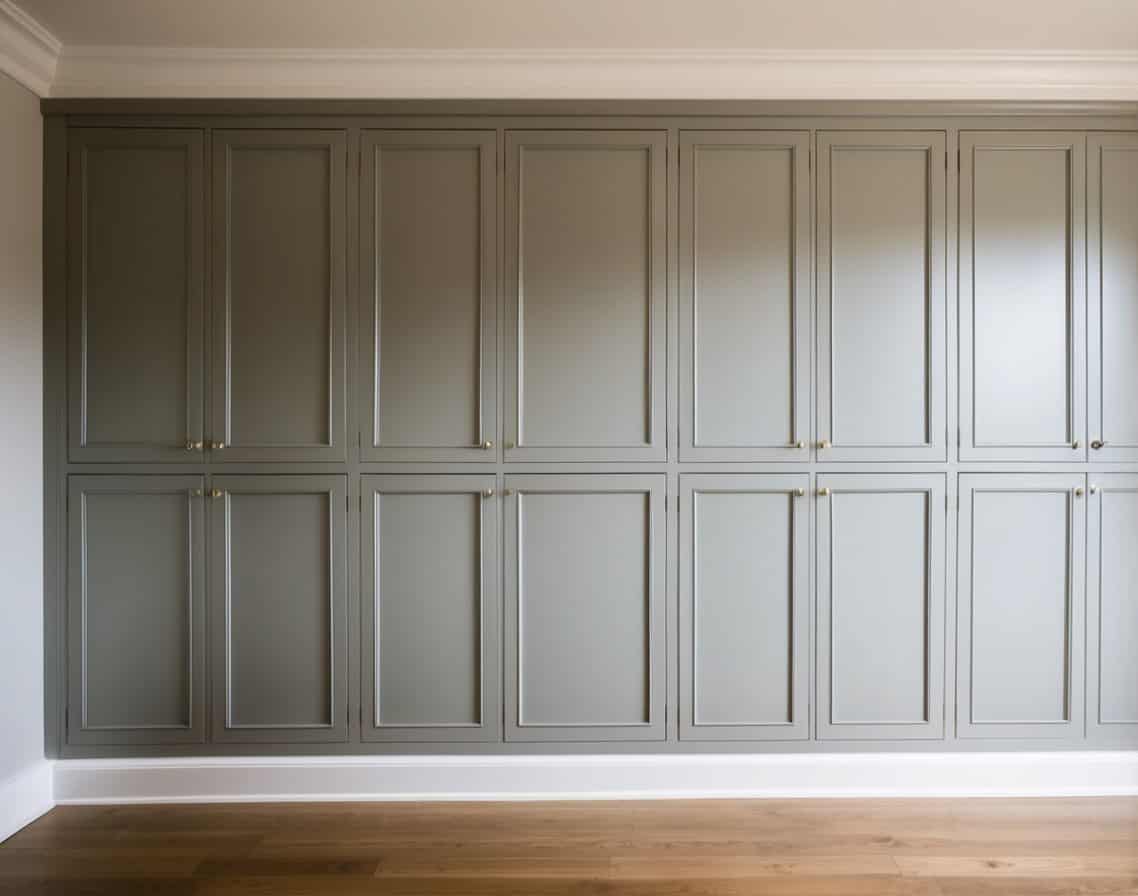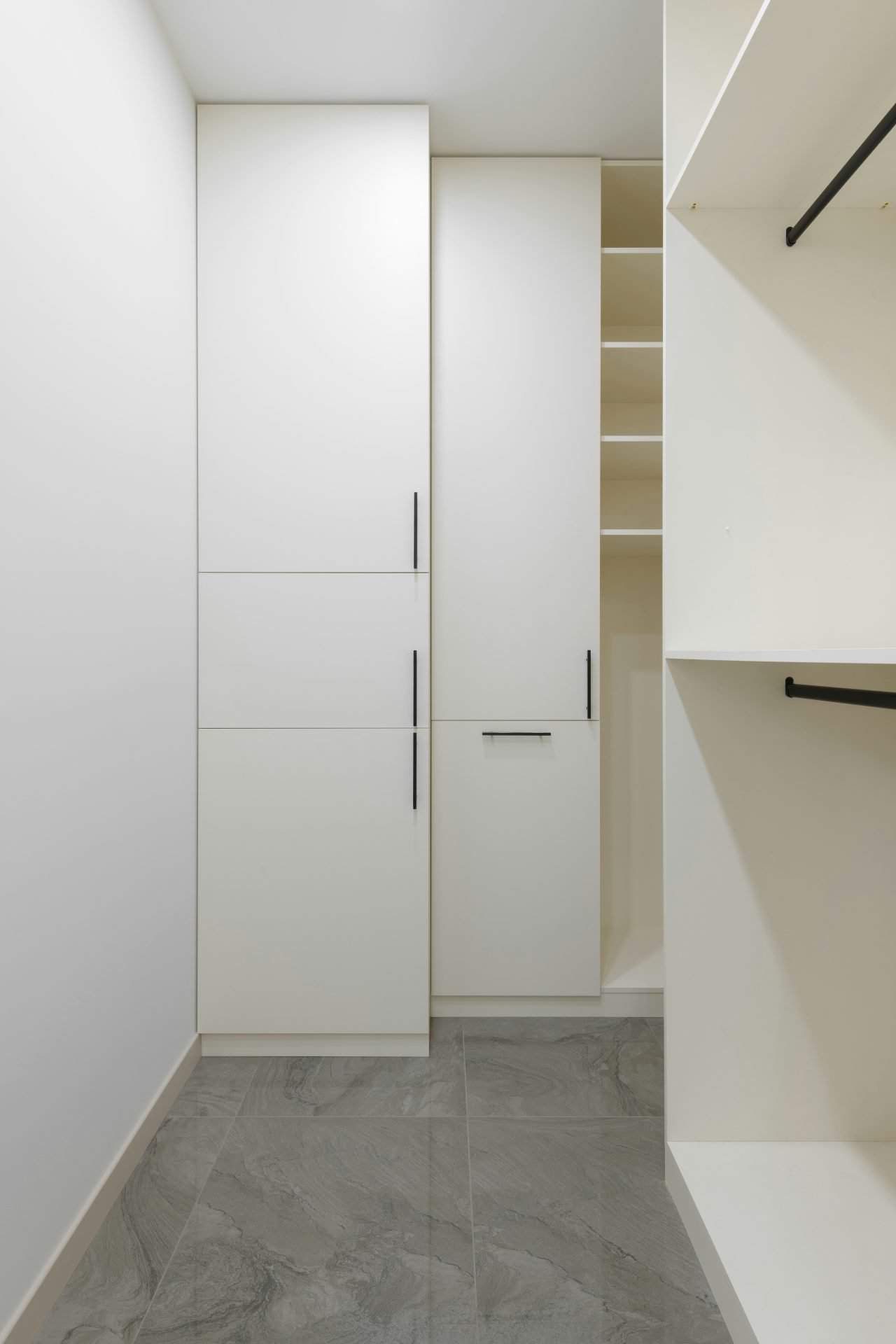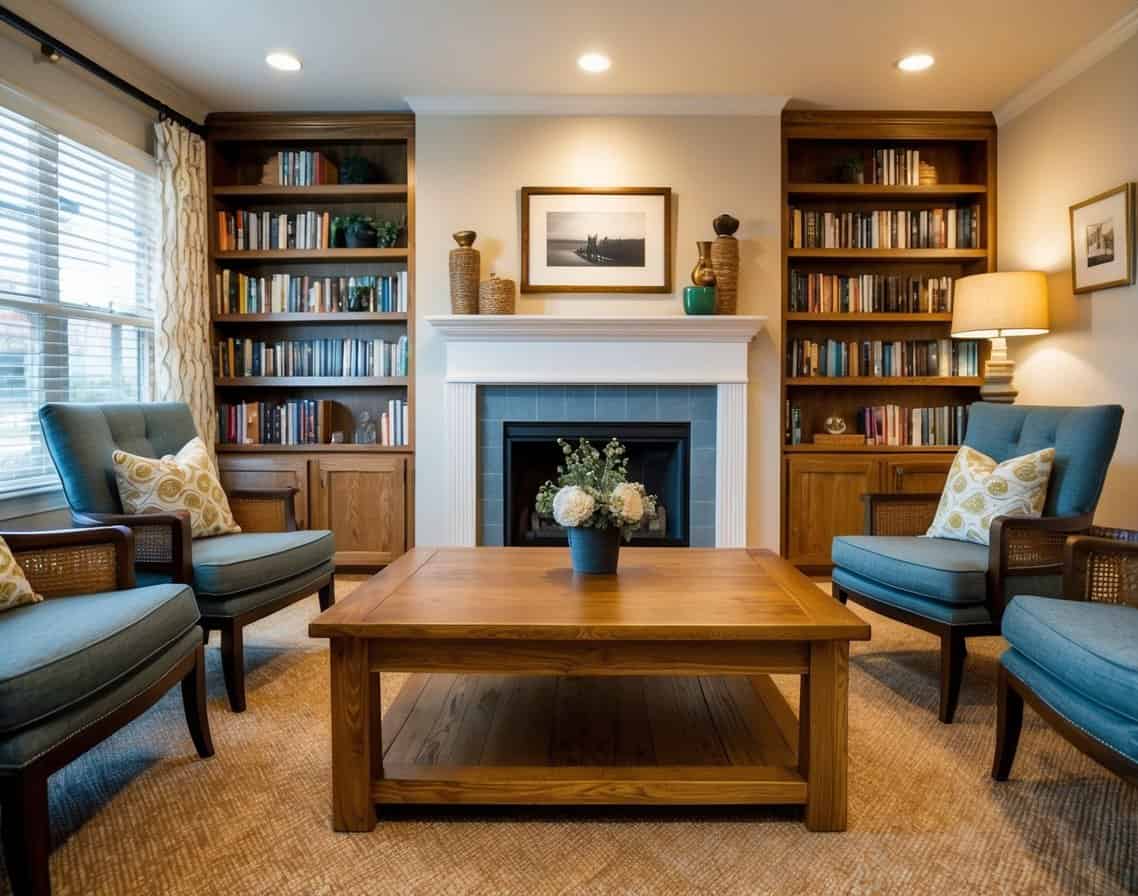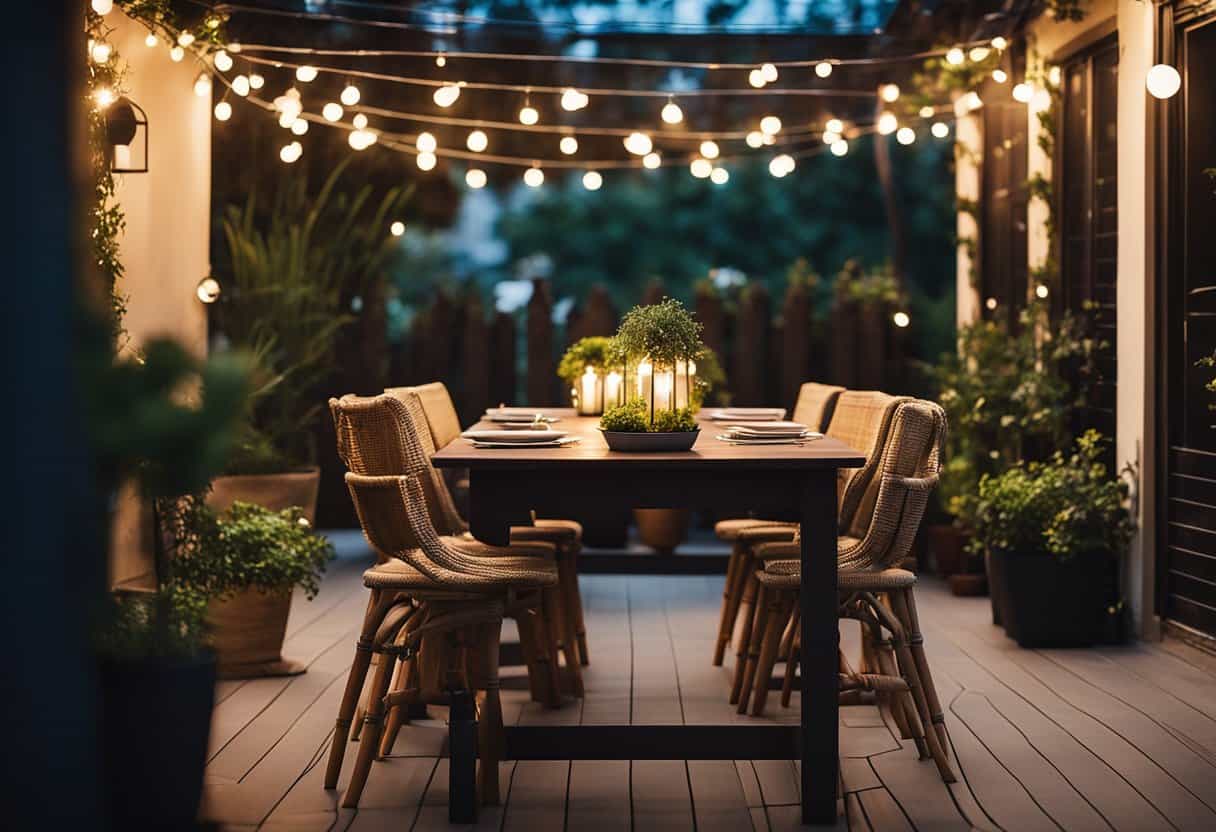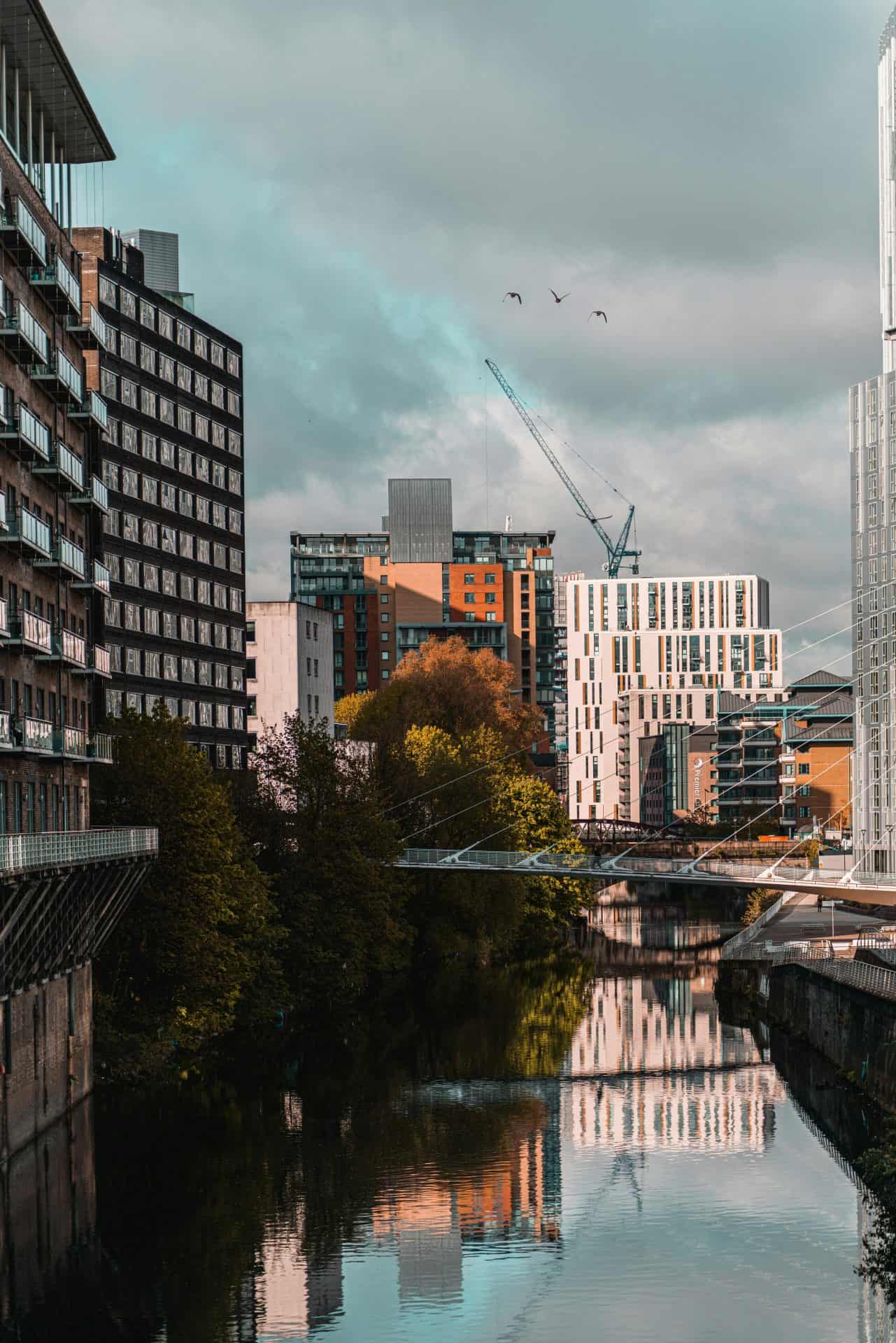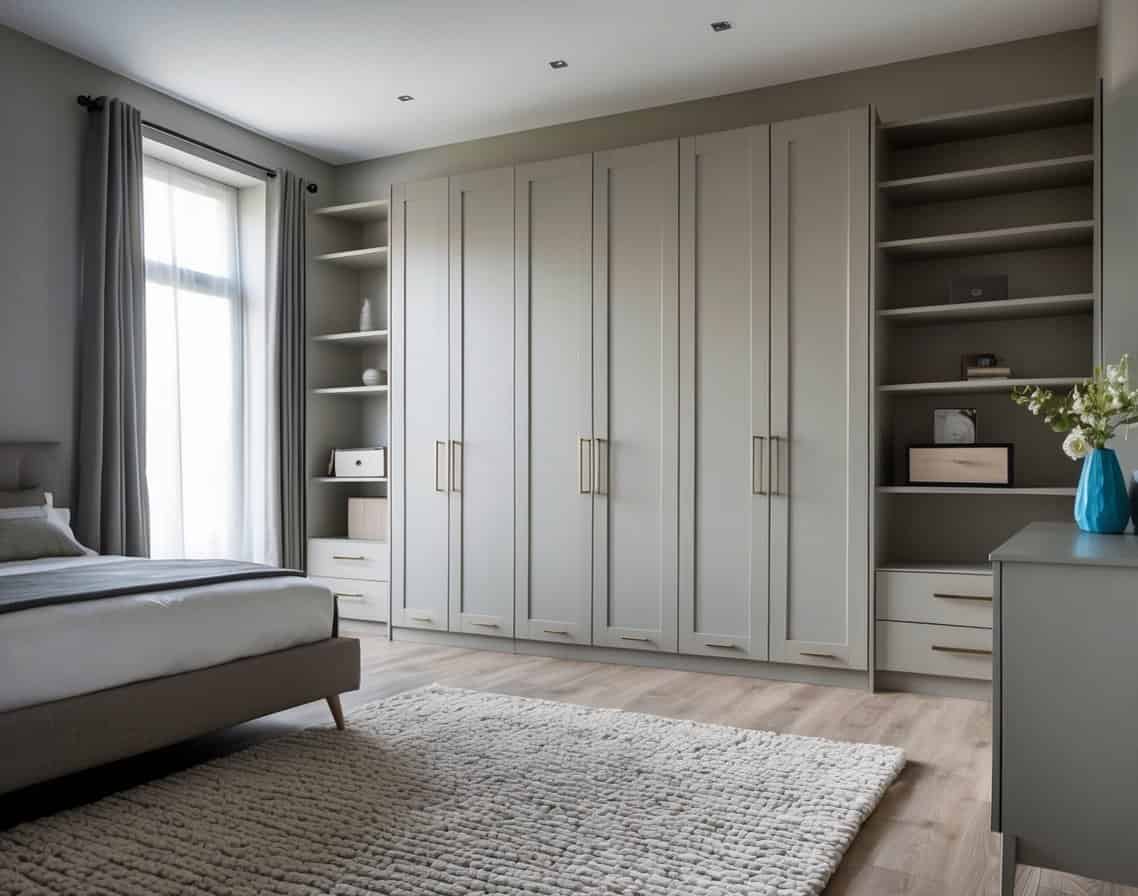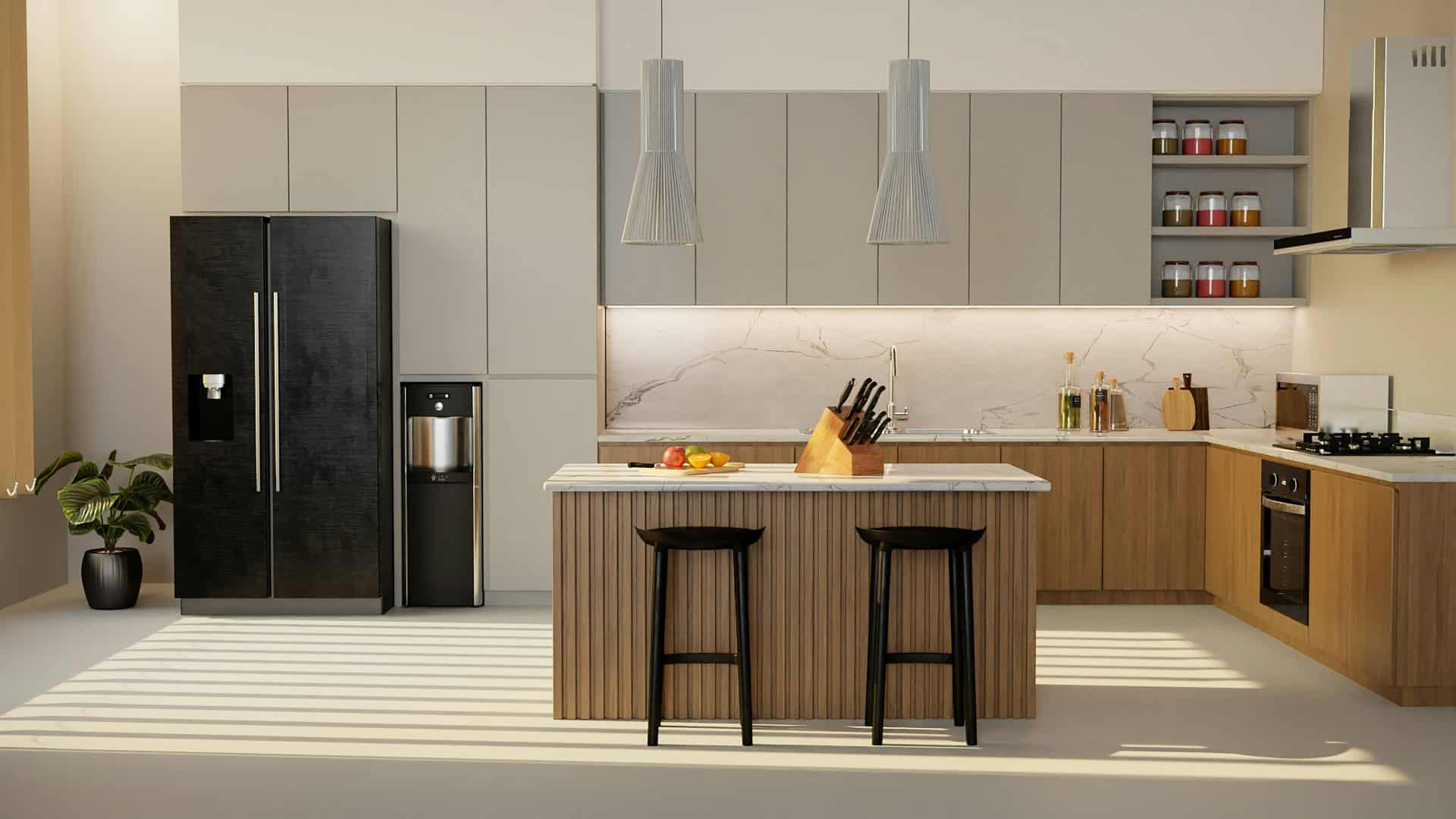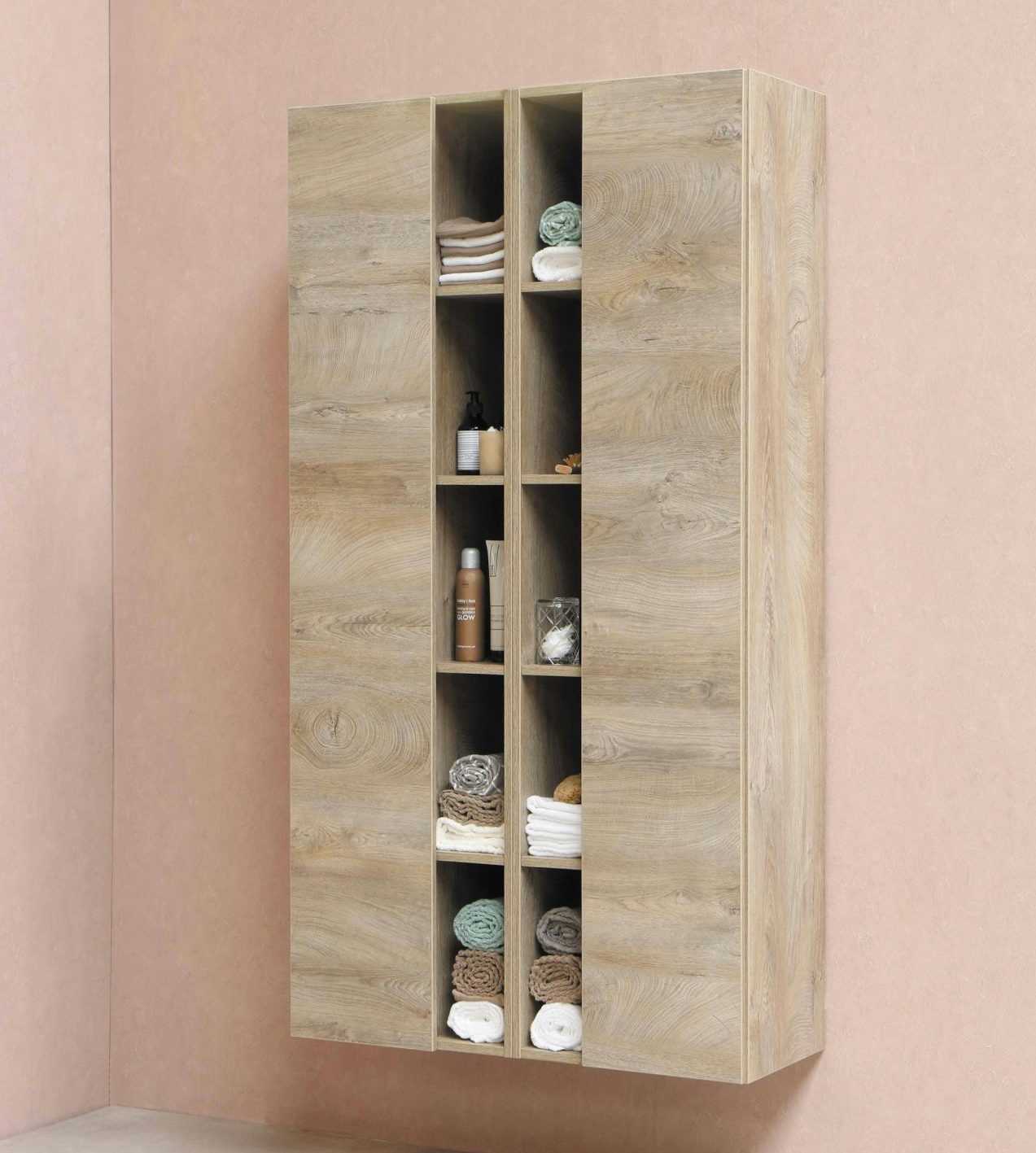Bespoke joinery can transform your home, adding unique features and increasing its value.
The cost of bespoke joinery is higher than ready-made options. For instance, a bespoke kitchen cabinetry starts at around £12,000.
This higher cost is due to custom design, material choice, and skilled labour.
When planning your joinery project, it’s important to consider all factors.
These factors include design complexity and material quality. Bespoke joinery offers advantages like customisation and a perfect fit for your space, making it worth the investment.
By understanding the cost breakdown and what influences the price, you can make informed decisions when hiring a joiner.
This will help ensure your project stays within budget and meets your expectations.
Key Takeaways
- Custom joinery is more expensive than ready-made options.
- Material choice and design complexity affect costs.
- Invest in bespoke joinery for a unique, value-enhancing addition to your home.
Understanding Bespoke Joinery
Bespoke joinery involves creating custom-made woodwork designed to fit specific requirements and spaces. It combines unique design, high-quality materials, and skilled craftsmanship to meet your exact needs.
Defining Bespoke Joinery
Bespoke joinery is custom-made woodwork tailored specifically for your space. This means the pieces are designed and constructed to fit unique dimensions and meet particular needs.
Unlike mass-produced items, each bespoke piece is created from scratch. This ensures it aligns perfectly with your preferences and the aesthetics of your home.
This type of joinery isn’t limited to furniture; it also includes fittings like cabinets, wardrobes, and shelves.
The bespoke approach allows for greater creativity and precision, providing solutions that standard products can’t offer.
Benefits of Opting for Bespoke
Opting for bespoke joinery offers several benefits. First, it ensures that every piece fits perfectly within your space, making the most of your available area.
Custom-made fittings can be designed to match your taste, integrating seamlessly with the rest of your home decor.
Another key benefit is the quality of craftsmanship. Skilled joiners use high-quality materials and techniques to create durable, long-lasting pieces.
This investment can add significant value to your property and lead to fewer replacements or repairs over time.
Furthermore, bespoke joinery provides the opportunity to create truly unique items. You can collaborate with the joiner to design pieces that reflect your personality and style, resulting in a home that feels distinctly yours.
Assessing Your Joinery Project
Assessing your joinery project involves careful planning in both design and functionality. By ensuring that all aspects from the initial consultation to space planning are addressed, you can achieve the best results for your bespoke joinery projects.
Initial Consultation and Design
The initial consultation is vital. During this stage, you’ll discuss your vision with the joiner. They will take precise measurements and understand your requirements.
You might need to consider the materials and finishes, as well as how the joinery will fit into the existing interior design.
Meeting with both architects and designers during the consultation can further enhance the design by incorporating professional insight. This step can also help identify any potential challenges early on.
Space Planning and Functional Requirements
Effective space planning ensures that the joinery will be both functional and attractive.
You’ll need to evaluate the available space and how the new piece will complement or enhance it.
Consider how the joinery will be used on a daily basis to meet your requirements—be it for storage, display, or other specific purposes.
It’s essential to communicate your needs clearly to the joiner to ensure they create a solution tailored to your lifestyle and space constraints.
Proper planning will result in a bespoke piece that is not only beautiful but also maximises functionality.
Selecting Materials
Choosing the right materials is crucial for the success of your bespoke joinery project. It directly impacts the look, durability, and cost of your joinery items.
Timber and Alternatives
Timber is a popular choice for joinery due to its natural beauty and strength. Common options include oak, walnut, and mahogany, known for their durability and aesthetic appeal.
Oak is robust and works well for both contemporary and traditional designs. Meanwhile, walnut offers a rich, dark finish that exudes elegance, while mahogany provides a deep, reddish hue suitable for high-end pieces.
Plywood and MDF are cost-effective alternatives to solid wood.
Plywood is made from thin layers of wood veneer, providing strength and stability, ideal for cabinets and shelves.
MDF, composed of wood fibres and resin, offers a smooth surface perfect for painting. This makes it suitable for detailed work and mouldings.
Hardware and Accessories
The quality of hardware and accessories used can significantly affect the functionality and longevity of your joinery.
Hinges, handles, and drawer slides must be durable and operate smoothly.
Brass, stainless steel, and brushed nickel are common materials for handles and hinges, each offering a different aesthetic and level of durability.
Soft-close mechanisms for drawers and cabinets enhance the functionality and lifespan of your joinery by preventing slamming.
Choose hardware that complements the style and colour of your joinery. For instance, antique brass handles suit a traditional oak kitchen, while sleek stainless steel handles match modern designs.
Cost Breakdown of Bespoke Joinery
When looking into bespoke joinery costs, it’s helpful to break down the expenses into key categories: materials, labour and manufacturing, and finishing and installation.
These sections will clarify what you are paying for and why bespoke joinery can be a significant investment.
Material Costs
Materials play a crucial role in the cost of bespoke joinery.
High-quality materials like hardwoods tend to be more expensive than softwoods. Timber costs can vary greatly depending on the type and source.
For example, oak or mahogany costs significantly more than pine or fir.
In addition to timber, you may need specialised fittings and fixtures which can also add to the cost.
If you choose sustainable or exotic materials, expect to pay a premium.
Labour and Manufacturing
Labour and manufacturing represent a substantial portion of the bespoke joinery cost.
Skilled craftsmen spend many hours designing, cutting, and assembling each piece of joinery to meet your specific requirements.
The complexity of the project can significantly influence labour costs. Intricate designs and custom features require more time and expertise, thus increasing the price.
Typically, bespoke joinery involves multiple stages of handcrafting which cannot be replicated by machines, justifying the higher labour costs.
Finishing and Installation Expenses
Finishing and installation are the final steps in the bespoke joinery process and come with their own costs.
Finishes may include staining, painting, or varnishing, each requiring specific materials and labour.
For instance, a high-gloss finish usually costs more than a simple varnish.
Installation costs can vary depending on the project’s scale and complexity.
Proper installation ensures that your bespoke pieces fit perfectly within your space and function as intended.
Professional installation guarantees longevity and can even enhance cost-effectiveness by reducing the need for future repairs or adjustments.
Design and Customisation
When planning bespoke joinery, both design and customisation are crucial. They ensure that each piece not only fits perfectly in your space but also matches your personal style and needs.
Design Process and Prototyping
The design process involves several steps to achieve precision and quality. It often starts with a consultation with an interior designer who helps understand your vision.
Using 3D modelling, designers create virtual prototypes of bespoke furniture. This allows you to see how the finished product will look in your space.
Attention to detail is key. Designers work meticulously on every aspect, from the dimensions to the materials. This ensures custom fitted furniture that perfectly matches your requirements.
Prototyping involves creating sample models or sections of the furniture. This step helps fine-tune the design and make necessary adjustments.
Through these prototypes, any issues can be addressed before the full manufacturing process begins.
Customisation Options
Customisation offers a range of choices to make your furniture unique.
You can select from various types of timber, finishes, and lacquers to match your decor.
Bespoke joinery allows for custom fitted furniture that uses your space efficiently. This includes items like built-in shelves, wardrobes, and media units.
Lighting can also be integrated into your designs, adding both function and style.
Customisation isn’t limited to wood type and finish. You can also specify details such as hardware, drawer configurations, and even hidden compartments.
Every element is tailored to suit your needs and preferences, ensuring a perfect blend of form and function.
Construction and Installation
When it comes to bespoke joinery, construction and installation are crucial stages.
The manufacturing process starts with selecting high-quality materials. Skilled craftsmen then shape and assemble the components with precision.
During the installation, a reliable company will ensure everything fits perfectly within your space.
This often involves meticulous measurements and adjustments on-site. Precision and efficiency are crucial during this phase to avoid any mistakes.
Many companies offer a clear breakdown of their costs.
You might come across terms like day rate, which refers to the cost of a joiner’s time per day. This varies depending on experience, but you can expect rates to range from £150 to £250 per day.
There are different types of joinery projects, from basic carpentry to specialised joinery.
For larger or more complex installations, companies might charge a package rate. This can include design, manufacture, and installation.
Selecting a trusted company is essential for a seamless experience.
Norwood Construction Group highlights their focus on precision and craftsmanship in their bespoke joinery services.
Their approach ensures that the joinery not only fits but also enhances your space.
Efficient installation teams, like those at Make Bespoke Studio, are known for their speed and accuracy.
Their expert installation services guarantee that your joinery will be installed smoothly and fit perfectly.
Types of Bespoke Joinery Elements
Bespoke joinery offers custom solutions tailored to your specific needs. It enhances both the aesthetic and functionality of your space through a variety of uniquely crafted elements.
Doors and Door Frames
Bespoke doors and door frames are designed to fit your space perfectly, providing both style and functionality.
These custom-made items can range from traditional wooden doors to contemporary designs incorporating glass or metal elements.
The craftsmanship allows for unique detailing, such as intricate carvings or inlaid patterns, which can elevate the look of any room.
Additionally, bespoke joinery can ensure that doors align seamlessly with skirting boards and other architectural features, offering a cohesive appearance.
Key Considerations:
- Material: High-quality wood like oak or walnut
- Design: Traditional or modern aesthetics
- Functionality: Ensures perfect fit and smooth operation
Staircases and Railings
Custom staircases and railings are another key element of bespoke joinery, transforming a functional feature into a stunning focal point.
Whether it’s a simple straight staircase or an elaborate spiral design, bespoke options provide the flexibility to match your home’s style.
These elements are crafted to accommodate specific spatial requirements and design preferences, ensuring that they enhance both the look and safety of your home.
The railings can also be customised, whether you prefer sleek metal finishes or intricate wooden balusters.
Key Elements:
- Design: Tailored to your home’s architecture
- Safety: Built to meet regulations
- Aesthetics: Enhances the overall design
Cabinetry and Storage Solutions
Bespoke cabinetry and storage solutions offer both beauty and practicality. Custom-fitted wardrobes, bookshelves, and other storage units are designed to optimize space. They make the most of every nook and cranny.
These storage solutions can be tailored to your needs. Whether you need ample hanging space, shelves for a book collection, or hidden compartments for valuable items. The use of fine materials and expert craftsmanship ensures durability and a high-quality finish. This makes these pieces both functional and visually appealing.
Popular Applications:
- Fitted wardrobes: Custom compartments and finishes
- Bookshelves: Tailored to fit specific wall spaces
- Storage units: Designed to blend with existing décor
The Value of Bespoke Joinery
Bespoke joinery adds significant value to your property, offering unique and personalized solutions. It enhances quality and makes every piece a valuable investment.
Enhancing Property Value
Bespoke joinery can increase your home’s market value. This is because custom furniture and pieces are tailored to fit your property perfectly. Potential buyers appreciate the quality and precision that come with bespoke designs.
High-quality bespoke joinery, such as fitted wardrobes or custom kitchens, stands out. This unique craftsmanship often reflects a higher level of detail and durability.
Moreover, bespoke joinery often uses high-grade materials, ensuring longevity. This makes your investment worthwhile and attractive to future buyers. Well-crafted joinery projects can transform spaces, making them more functional and aesthetically pleasing.
Personalization and Exclusivity
One of the main benefits of bespoke joinery is its ability to offer personalization. You can design pieces that meet your exact needs and preferences. This ensures that your home feels unique and fits your lifestyle.
Bespoke joinery allows you to create exclusive designs that are not available in standard furniture stores. Whether it’s a custom bookshelf or a tailored staircase, you get a one-of-a-kind piece.
The ability to work closely with skilled carpenters means you can influence the design process. You can choose materials, finishes, and styles that match your taste. This personal involvement ensures that every piece is a true reflection of your vision and adds a unique touch to your home.
Choosing a Joinery Specialist
When selecting a joinery specialist, you want to ensure that the company you choose is reliable and has a track record of delivering high-quality, custom-made pieces. Focus on craftsmanship, experience, and feedback from past clients.
Evaluating Craftsmanship and Experience
Look for a joinery specialist with significant experience in the trade. Skilled cabinet makers and joiners take years to master their craft.
You should assess their qualifications and training. A company that invests in continuous improvement stands out.
Pay attention to the types of projects they’ve handled. Have they worked on commercial fittings or only residential projects? Experience across various types of joinery can signify versatility and precision.
Reviewing Past Work and Testimonials
Examine the previous work of potential joinery specialists. Many companies have portfolios showcasing their projects. Look for details like the quality of finishes and the functionality of the designs.
Customer testimonials provide insight into the reliability of the joinery service. Positive feedback about custom-made pieces and timely delivery indicates a reliable company.
Request references or read online reviews. Satisfied customers often mention the precision and craftsmanship of the finished product, validating your choice.
Frequently Asked Questions
When it comes to bespoke joinery, knowing the costs involved and what affects them can help you make an informed decision. Here are some common questions about the pricing for custom-made joinery.
How much can one expect to pay for custom-made furniture?
Custom-made furniture pricing can vary widely. For example, a three-door bespoke fitted wardrobe can cost around £1,000 to £3,000 depending on size and features. Day rates for joiners usually range from £150 to £220.
What are the price determinants for bespoke cabinetry?
Several factors influence the cost of bespoke cabinetry. Material choice, design complexity, and the size of the project play significant roles. Additionally, the type of finish and any special features or accessories you choose can also affect the final price.
Why does custom woodwork command a higher price?
Custom woodwork involves tailored designs and made-to-measure pieces. Each project requires precise measurements, high-quality materials, and skilled craftsmanship. This attention to detail and customization justifies the higher cost compared to mass-produced items.
How much is typically charged for a made-to-order media unit?
The cost for a bespoke media unit varies based on size, materials, and added features. A typical made-to-order media unit can range from £800 to several thousand pounds. For a more accurate estimate, consultations and quotes from joiners are necessary.
What are the cost implications of choosing bespoke over off-the-shelf joinery?
Bespoke joinery usually comes with a premium price tag due to the customization and craftsmanship involved. While off-the-shelf joinery might be cheaper and quicker, bespoke options offer tailored fit, unique designs, and long-lasting quality that many find worth the extra cost.
Can the location of a joinery affect the overall cost of bespoke furniture?
Yes, the location can affect costs.
For instance, bespoke joinery services in urban areas or places with higher living costs might charge more than those in rural areas.
Travel and transport costs for materials and labour can also influence the final price.
Sevenoaks Joinery mentions that they can come and measure up in person. This might add to the cost based on location and distance.

